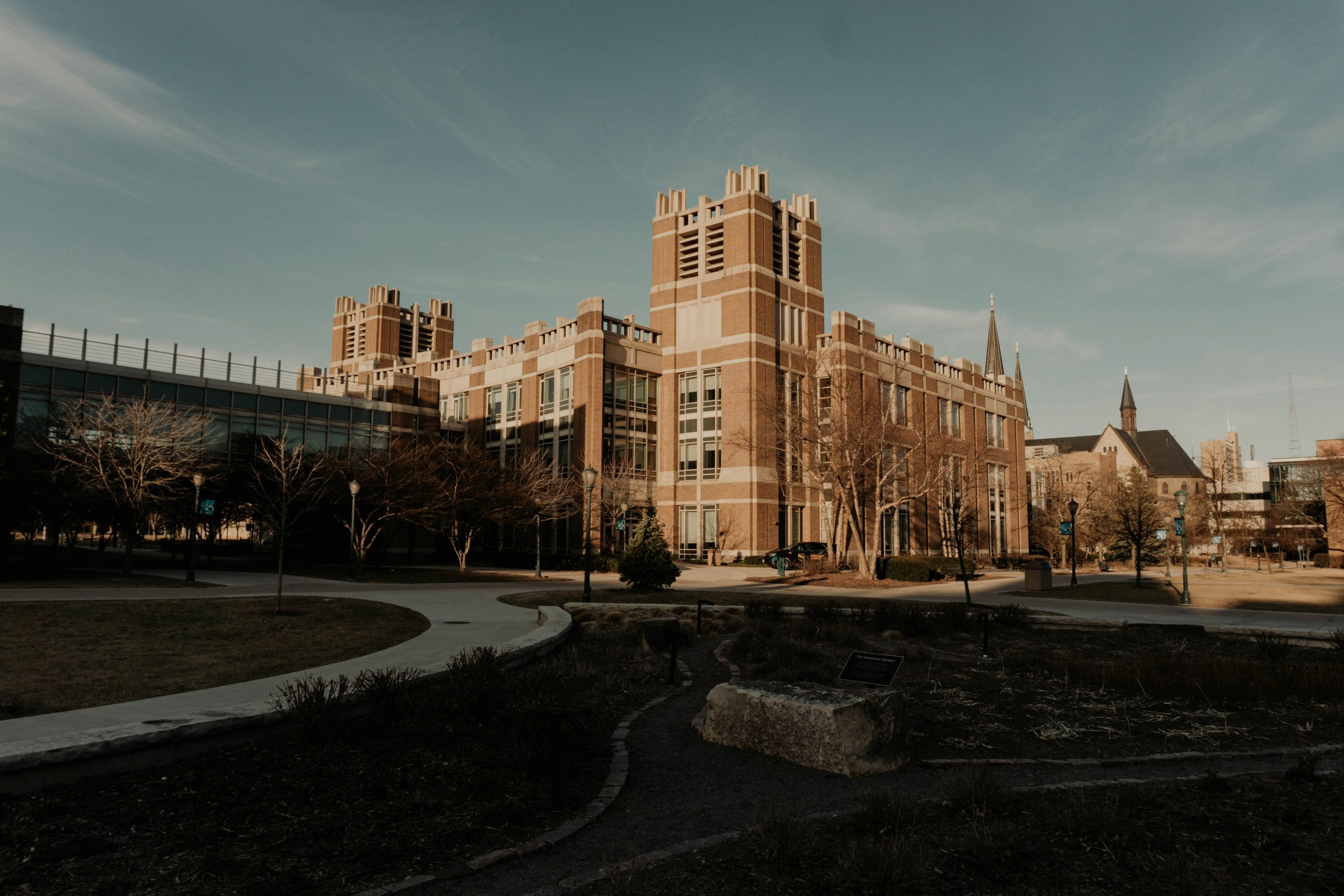Title: Ethical Considerations for Parents Navigating Public Education Choices
As parents and guardians, many of us grapple with complex questions surrounding the best educational path for our children, especially when the mainstream system doesn’t seem to meet their unique needs. One debate that often arises is whether it is more ethical or equitable to work within the public school system to secure an appropriate free education, or to allocate personal resources toward alternative solutions like private schooling or homeschooling.
From a broader philosophical perspective, what is the moral stance of educators and the educational community regarding parents who challenge or even litigate against school districts to obtain tailored educational services? Is it ethically justifiable for families to pursue legal action to ensure their child’s needs are met when standard classroom settings fall short?
There are valid arguments on both sides. On one hand, financial resources directed toward specific students could, in theory, reduce funds available for other children, raising concerns about fairness and resource allocation. Additionally, families with the means to hire legal counsel may be seen as diverting public funds that could otherwise serve the broader student population.
On the other hand, some contend that exercising legal avenues or fighting for specialized services can lead to systemic improvements. When more families advocate for better individualized support, it can pressure school districts to enhance their offerings—benefiting students across the board, including those who have no alternative options outside the public system.
Personally, I hold a deep appreciation for the value of public education. I believe that if a child can be supported within the existing system, efforts should be made to make that possible, as a strong and equitable public school system benefits everyone. Yet, I also recognize that a child’s well-being and specific needs must take precedence.
For children with particular conditions or learning requirements—like my own—I understand that traditional classroom environments can sometimes be unfeasible or exceedingly difficult. As we prepare to introduce our child to the public school system, these considerations occupy my thoughts. Ultimately, I believe that prioritizing a child’s individualized needs must come above all, even if that involves challenging the system to do better.
This topic highlights the ongoing tension between community responsibility and individual rights in education. It encourages us to reflect on what is truly fair and ethical in ensuring every child receives the education they deserve.
